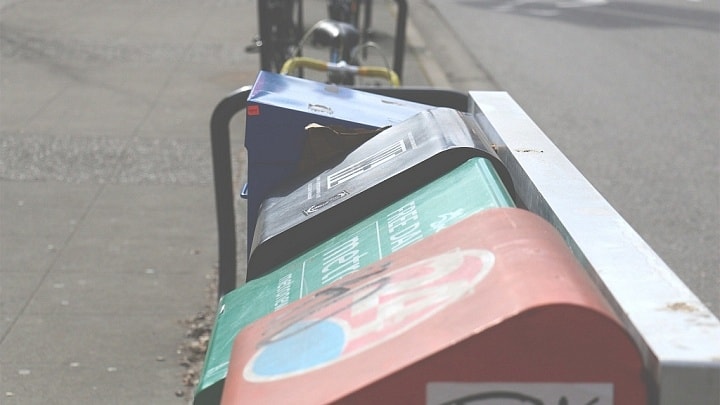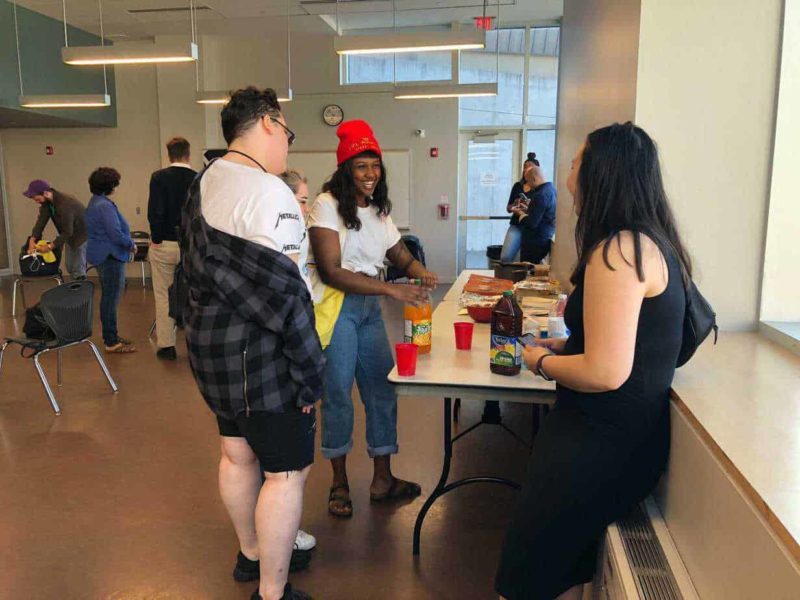
Part 1
To my fellow Metro Vancouverites,
We’ve spent so much energy arguing about next week’s transportation plebiscite that we haven’t had time to think about it.
Rather than examining the issues and facts involved, we’ve settled for knee-jerk reactions based on identity politics. One person identifies as a supporter of Mayor Gregor Robertson and decides to vote “yes,” whether it makes sense or not, while another identifies as someone who hates taxes and decides to vote “no,” regardless of whether this particular tax is good policy.
Journalists (myself included) ought to accept some responsibility. The dominant media narrative has focused on the competing claims of the “yes” and “no” campaigns. The news stories centre on who thinks what and which side is winning and the never-ending controversy over TransLink leadership.
But it’s not all media’s fault. Many of my journalist colleagues want to inform voters. One reason they have spent so little time on facts surrounding the issues is that few facts are reasonably accessible. The politicians in charge have a wealth of data on transportation in Metro Vancouver, but it’s buried in PDFs difficult to analyze. Fearful of how the information might be portrayed in the media, the powers that be deny interviews and kick television crews out of town hall meetings.
The news coverage also reflects our current politics. The politicians who have access to the information, and have far more time to analyze it than average citizens, have chosen not to lead. More concerned about being reelected, our provincial government prefers to take a hard stance on left-lane hogs over demonstrating leadership on the real issues plaguing our transportation system. This is pure populism — but it works. Left-lane hogs are annoying and easy to understand. And what’s a poor journalist on deadline with no time to mine data to do? The monster must be fed, the news hole filled, and so media report on what they can. (The left-lane hog story got big play.)
The problem with this situation is that we Metro Vancouverites are saddled with an enormous responsibility — to make a complex policy decision that will impact the region for decades. Some people think we shouldn’t have to make this decision at all. Most of us have no background in transportation planning; we don’t understand why the 606 Ladner Ring bus costs $10.24 per boarded passenger to operate or why a single lane kilometer of an arterial road costs $772,000 to build. But we’re stuck with this responsibility, so we better do our best to understand the issues. And, so far, we’ve responded by arguing, name-calling and making insinuations about one another’s motivations.
This is why we (a small group of journalists and data geeks) created Moving Forward, an independent data journalism project. For months, we’ve been grappling with data and information about transportation in the region. Starting today, and continuing over the next six weeks, we will regularly publish our findings in an effort to make this complex issue understandable to regular voters. We will post our analysis, along with the raw data we’ve mined, for anyone, especially our journalist colleagues, to report on and publish.
So let’s forget which side we’re on, for a moment, and start collectively investigating the issues so that we can base our decision not on which politician we identify with, but on what’s best for our region. [end]



